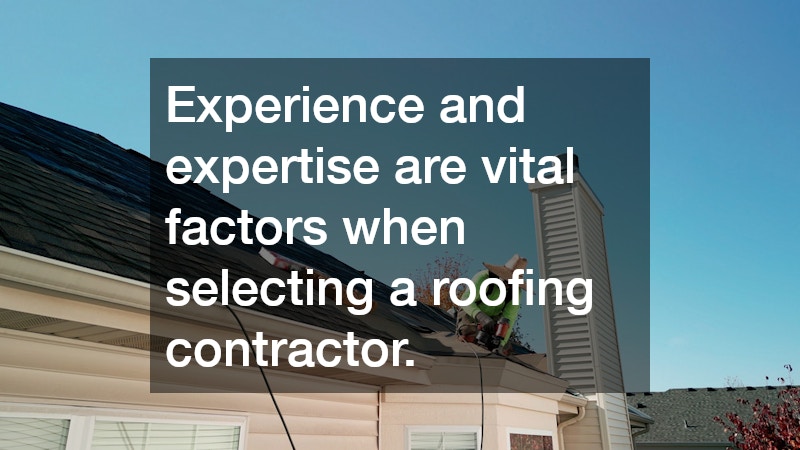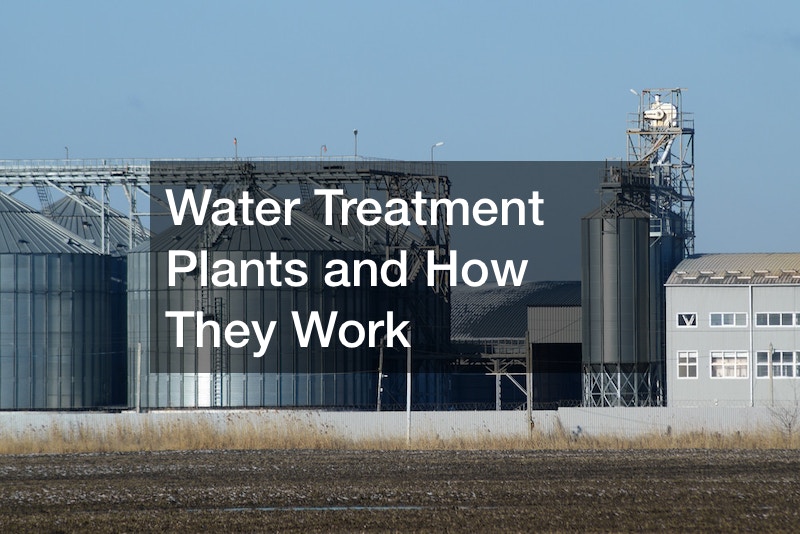How to Choose the Right Contractor for Roof Repair
Introduction
Choosing the right contractor for roof repair is a crucial decision that can impact the longevity and safety of your home. This article will guide you through the essential steps and considerations to find a reliable and qualified roofing contractor. Whether you’re dealing with a leaky roof or planning a comprehensive roof overhaul, selecting the right professional can save you time, money, and stress in the long run.
What Should I Look for in a Roofing Contractor?
Licensing and Insurance
One of the first steps in choosing a roofing contractor is to verify their licensing and insurance. Licensing is a testament to their adherence to local and state regulations, ensuring that the contractor is legally allowed to operate in your area.
This not only offers a level of trust but also confirms that they are familiar with and follow industry standards.
Besides licensing, confirm that the contractor has adequate insurance. Insurance protects you from potential liabilities that may arise during the roofing process. For instance, should an accident occur on your property, the contractor’s insurance should cover damages or injuries, safeguarding you from possible legal troubles and unexpected costs.
A licensed and insured contractor demonstrates professionalism and commitment to quality service. Don’t hesitate to ask for proof of both licensing and insurance and verify the documents with the relevant authorities. This step is crucial in establishing the contractor’s credibility and ensuring a trouble-free roofing experience.
Experience and Expertise
Experience and expertise are vital factors when selecting a roofing contractor. An established contractor with years of experience is likely to have a breadth of knowledge across various roofing issues and solutions. This accumulated expertise can translate to more efficient and high-quality workmanship on your project.
It’s essential to ensure that their expertise aligns with the specific type of roofing repair you require. Different roofing materials and styles require different skills; therefore, understanding the contractor’s specialization can ensure they are well-equipped to handle your project successfully. Don’t hesitate to inquire about previous projects similar to yours they’ve completed.
Moreover, experienced contractors not only provide competent service but often have wider networks and resources. This can mean faster delivery times due to established relationships with manufacturers or insights into innovative materials and technologies that could benefit your roofing project.
References and Reviews
Before committing to a roofing contractor, it’s wise to research their reputation through references and reviews. Online reviews on platforms such as Google, Yelp, or the Better Business Bureau can provide insights into customer satisfaction and potential red flags. Look for patterns in the feedback, such as consistent complaints or praises, to gauge the contractor’s strengths and weaknesses.
In addition to online reviews, ask the contractor directly for references. Speaking to past clients can offer an honest perspective on their experiences. Inquire about the contractor’s communication, adherence to timelines, and the quality of work performed. First-hand testimonials can be invaluable in verifying the contractor’s reliability.
Keep in mind that no contractor is perfect, and a negative review isn’t necessarily a deal-breaker. Instead, consider how the contractor responds to criticism and whether they demonstrate a willingness to address issues. A professional contractor will take responsibility for their work and strive to resolve any complaints satisfactorily.
How Do I Compare Roofing Estimates?
Detailed Breakdown
When comparing roofing estimates, look for a detailed breakdown of costs. A comprehensive estimate should outline the expenses for materials, labor, and any additional fees. This transparency allows you to understand where your money is going and how the estimate fits within your budget.
Pay close attention to the type of materials specified in the estimate. Higher-quality materials may incur higher costs but could also last longer and require less maintenance. Discuss these options with your contractor and consider the long-term benefits of investing in quality materials to ensure you get the best value for your money.
Furthermore, scrutinize labor costs and any other charges not directly related to materials, such as disposal fees for old roofing or permit costs. By understanding each component of the estimate, you can more effectively compare it with others and make an informed decision that aligns with your financial situation.
Warranty and Guarantees
Warranties and guarantees are crucial factors when evaluating roofing estimates. They provide a safety net, ensuring that if something goes wrong, you won’t be out-of-pocket for repairs. Warranties can cover both workmanship and materials, each having their conditions and durations.
Ensure that the contractor offers a labor warranty that covers the repair for a defined period. This demonstrates confidence in their workmanship and commitment to customer satisfaction. Manufacturers often supply warranties for materials, covering defects for a specific period, which can vary based on the product quality.
Review each warranty’s terms carefully to understand what is covered and what might void them. Asking detailed questions about warranties during your consultation can also reveal the contractor’s transparency and willingness to stand by their work. A solid warranty can be a deciding factor between two closely matched estimates.
Payment Terms
Payment terms are another crucial aspect of the roofing estimate to consider. A reputable contractor will offer reasonable and clear payment terms. Be wary of contractors who demand a large upfront payment, as it might signify financial instability or a risk of abandonment.
Typically, staged payments aligned with project milestones are more secure. These allow you to evaluate progress and quality before making subsequent payments. A dependable contractor should be open to discussing these terms and making accommodations that suit both parties.
Additionally, ensure that all payment terms are documented in the contract to avoid disputes later. Clear communication regarding the payment schedule helps establish trust and understanding, ensuring that both you and the contractor are aligned on financial commitments throughout the project lifecycle.
What Questions Should I Ask a Potential Roofing Contractor?
Project Timeline and Staffing
Understanding the project timeline is fundamental when hiring a roofing contractor. Before the project begins, inquire about the anticipated start and completion dates. A clear timeline helps set expectations and ensures that the contractor is committed to adhering to the agreed-upon schedule.
Additionally, ask who will be staffing your project. Knowing the background and expertise of the team members on site can instill confidence that the work will be executed skillfully and efficiently. Clarify whether the contractor will use subcontractors and, if so, who will be responsible for supervising them.
It’s crucial to establish how the contractor plans to manage any potential delays, such as adverse weather conditions or unexpected logistical issues. Discussing these contingencies upfront can prevent misunderstandings and protect your interests should the project timeline need to be adjusted.
Material Choices and Recommendations
A roofing contractor’s ability to recommend suitable materials showcases their expertise and understanding of your specific needs. Discuss the types of materials they suggest, weighing the pros and cons, considering durability, aesthetics, maintenance requirements, and cost.
The contractor should provide information on why certain materials are recommended, especially concerning your local climate and your roof’s structure. Materials that work well in one region’s weather may not be suitable for another’s, so tailor-fit advice is crucial for long-lasting repairs.
Evaluating material options not only influences the longevity of your roof but can also impact energy efficiency and your home’s overall value. The right materials can enhance the curb appeal of your home while offering practical benefits, aligning with both your immediate and long-term objectives.
Contingency Plans
The preparation for unexpected challenges separates seasoned contractors from others. Ask potential contractors about their contingency plans for dealing with delays or issues that may arise. This inquiry reflects their problem-solving skills and preparedness to tackle unforeseen situations.
Potential issues could include sudden adverse weather, supply chain delays for materials, or unexpected wear and tear discovered during repairs. Understanding the contractor’s strategies for addressing these issues demonstrates their foresight and adaptability.
An experienced contractor will possess a range of solutions, such as alternate suppliers for materials or temporary protective measures for your home. Their readiness in proposing contingency measures signifies not just their professionalism but their commitment to completing your project satisfactorily and on schedule.
Conclusion
Finding the right contractor for roof repair involves due diligence and careful consideration of multiple factors. By thoroughly evaluating potential contractors, comparing estimates, and asking critical questions, you can make an informed decision that ensures quality repairs and peace of mind. This approach will not only protect your investment but also assure the long-term safety and durability of your roof, ultimately enhancing the value and comfort of your home.



